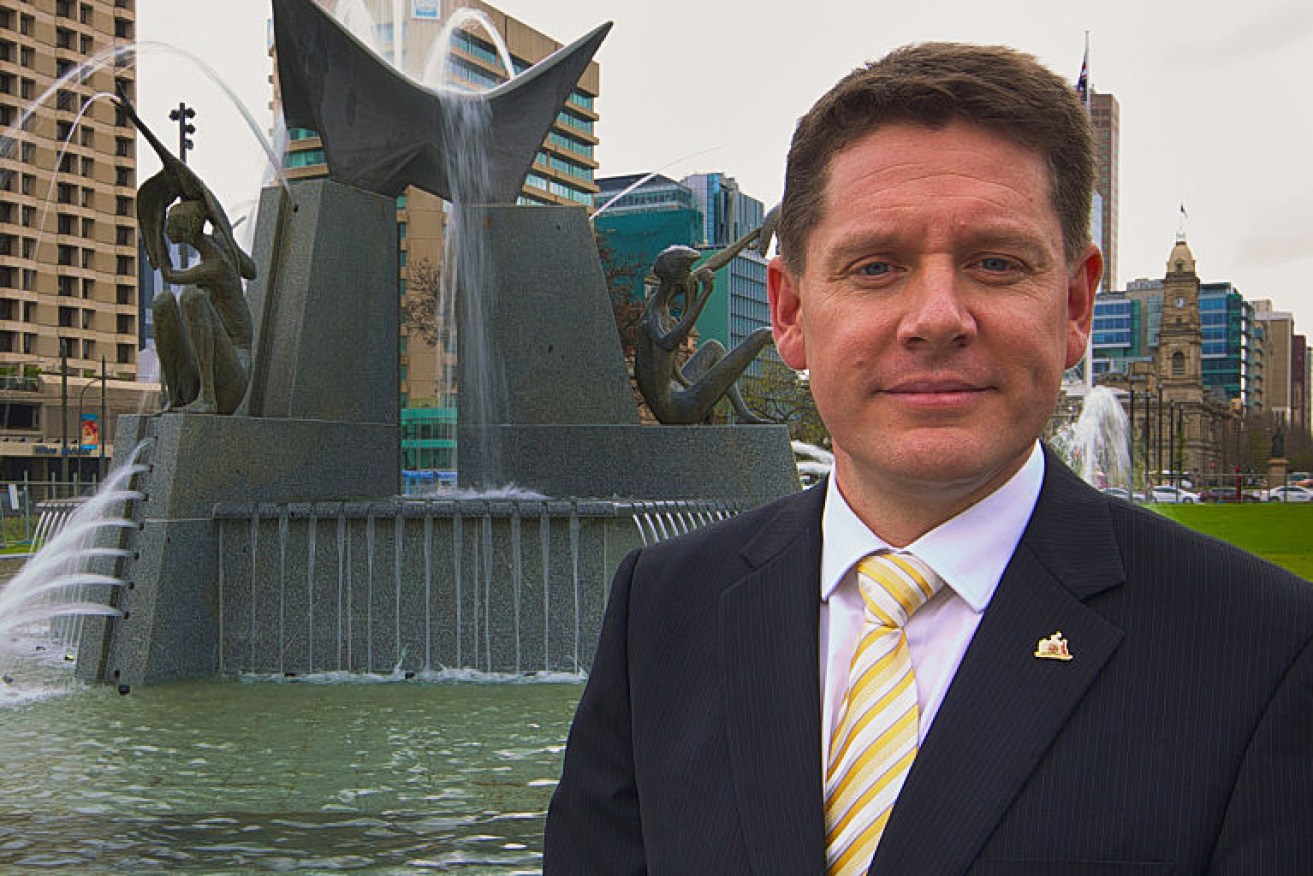Ex-Lord Mayor defends Airbnb in the city
Airbnb “superhost” and former Lord Mayor of Adelaide Stephen Yarwood has warned the city council against making new regulations that would dampen the share-accommodation industry in South Australia.

Stephen Yarwood.
The council will consider a series of policy options this month in response to lobbying from a city resident who complained of “pop-up brothels”, drug dealing and violence in a neighbouring residence, which he said was being leased out by a short-stay accommodation provider.
Yarwood, a highly-rated Airbnb host, says the council should resist the impulse to regulate the “local cottage industry” and instead encourage it.
The self-described urban futurist, whose own Airbnb advertisement for a city loft includes the phrase – “Be hosted by a former Lord Mayor and Lady Mayoress of Adelaide” – argued that the council should promote the sharing economy.
“Is the share economy good? I’d say yes,” Yarwood said, when InDaily contacted him this morning.
“The question is, how do we make this blossom?
“Do we want to help or hinder the transformation of communities (… and) our entrepreneurial economy?”
Airbnb allows homeowners to rent out unused space short-term using a mobile application.
Yarwood said that local “mums and dads, and retired people” get most of the revenue from Airbnb transactions, with the company only taking a small cut – in contrast to the business model of large hotel chains, where income was often taken offshore.
He argued that people who stay in short-term accommodation outside of the traditional hotels market tend to spend more money at local shops.
He said the council should “have a conversation around how they can help this industry … attract international visitors”.
“The share economy has huge potential to change how communities work … it would be a shame to, sort of, take a step backwards.”
The council will consider options including extending the licensing regime for boarding houses and backpacker accommodation to other types of short-term accommodation, applying a separate council rate, methods to mitigate noise pollution and possible changes to the definition of “home activity” in state planning laws.
Yarwood said there might be a role for council regulation over the industry in the future, but that the city council should “have a proactive conversation around how to support the sharing economy in South Australia” first.
He argued that Airbnb effectively self-regulated because it allows hosts to review guests, and guests to review hosts.
He said there might be a role for councils to ensure that Airbnb hosts “are doing the right thing”.
“(However) 99 per cent of hosts take it seriously,” he said.
“I’ve declined guests based on reviews of other people … the guest reviews the host, but the host also reviews the guest.”
Yarwood stressed that while he was not speaking on behalf of Airbnb, he was well-qualified to comment on the subject.
He said he had stayed at Airbnbs in Norway, India, the United States and New Zealand.
“I’m an Airbnb host with reasonable knowledge in the area,” he said.
“I’ve used it in every state of Australia … I’ve worked with Airbnb on a global advisory board.
“I have met the three founders (of Airbnb).”
According to Yarwood’s Airbnb listing, 95 per cent of recent guests had recently given the experience of staying in the loft five stars, qualifying him as a “superhost”.
Yarwood, who works as an international consultant and speaker on urban planning, said his views were in demand on the subject of the share-accommodation industry.
He added: “I actually get people approaching me about policy on this sort of topic.”
He said people had been asking him whether he was going to run for Lord Mayor again, but that “I’m really enjoying my new life.”
“I really have got my life back.”




